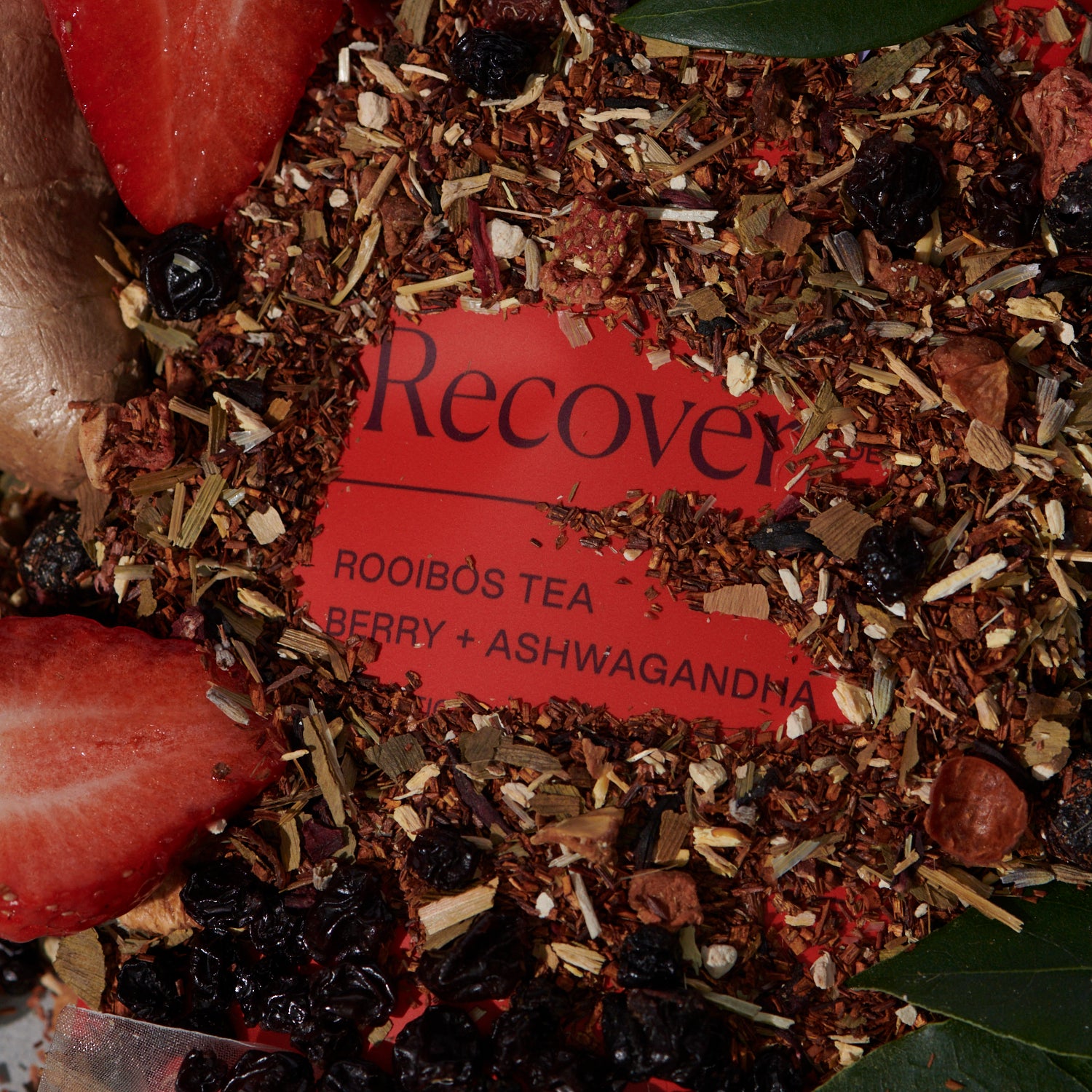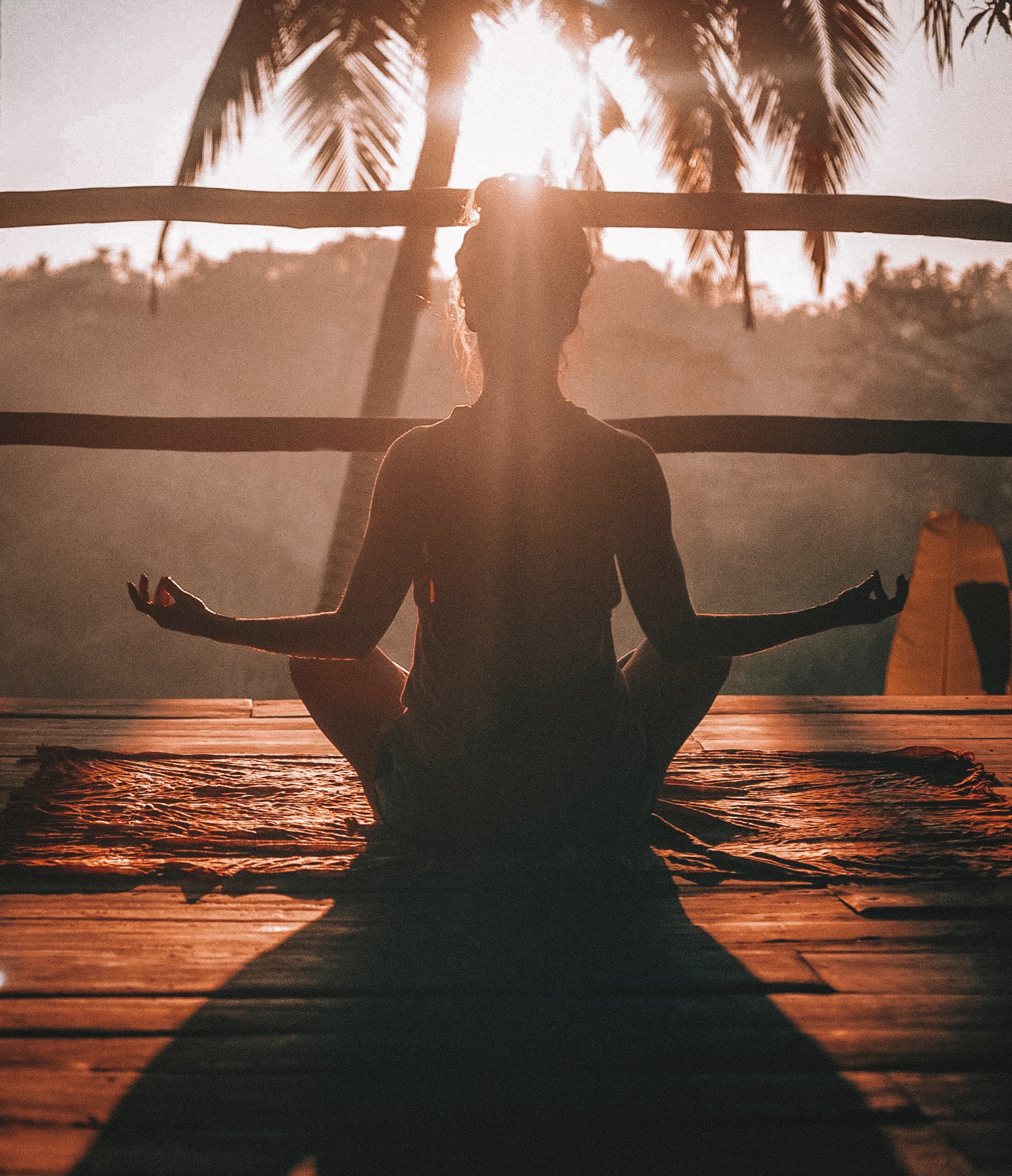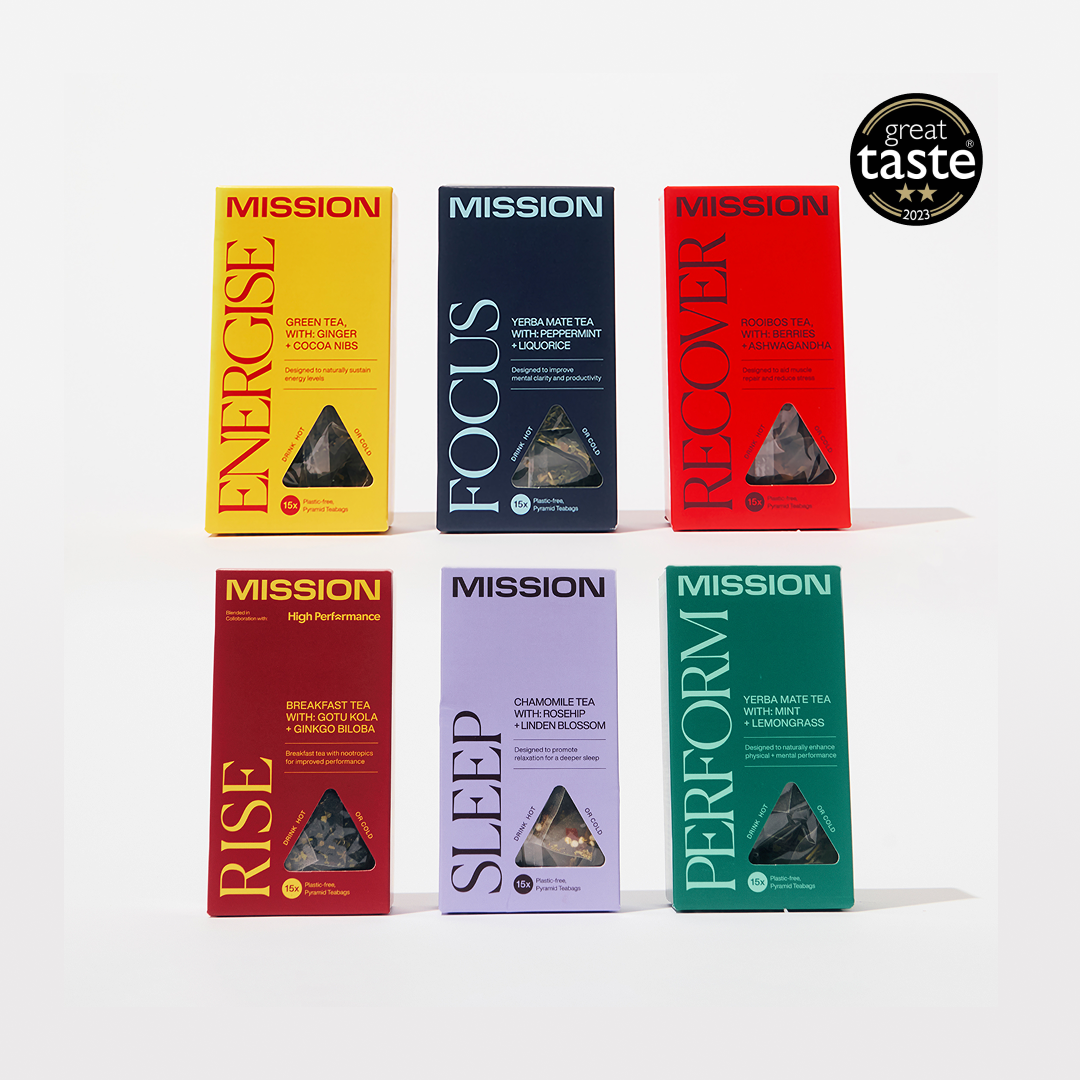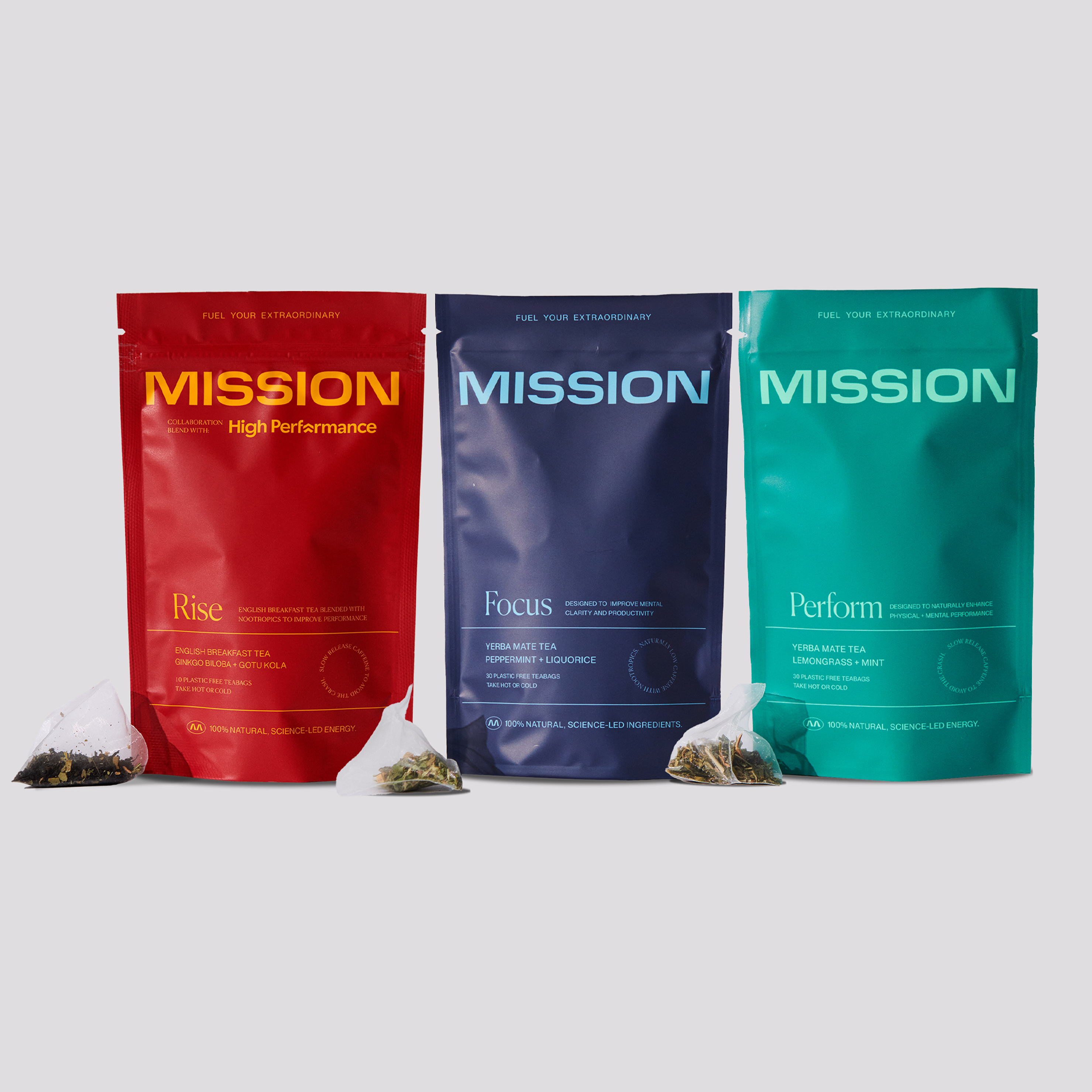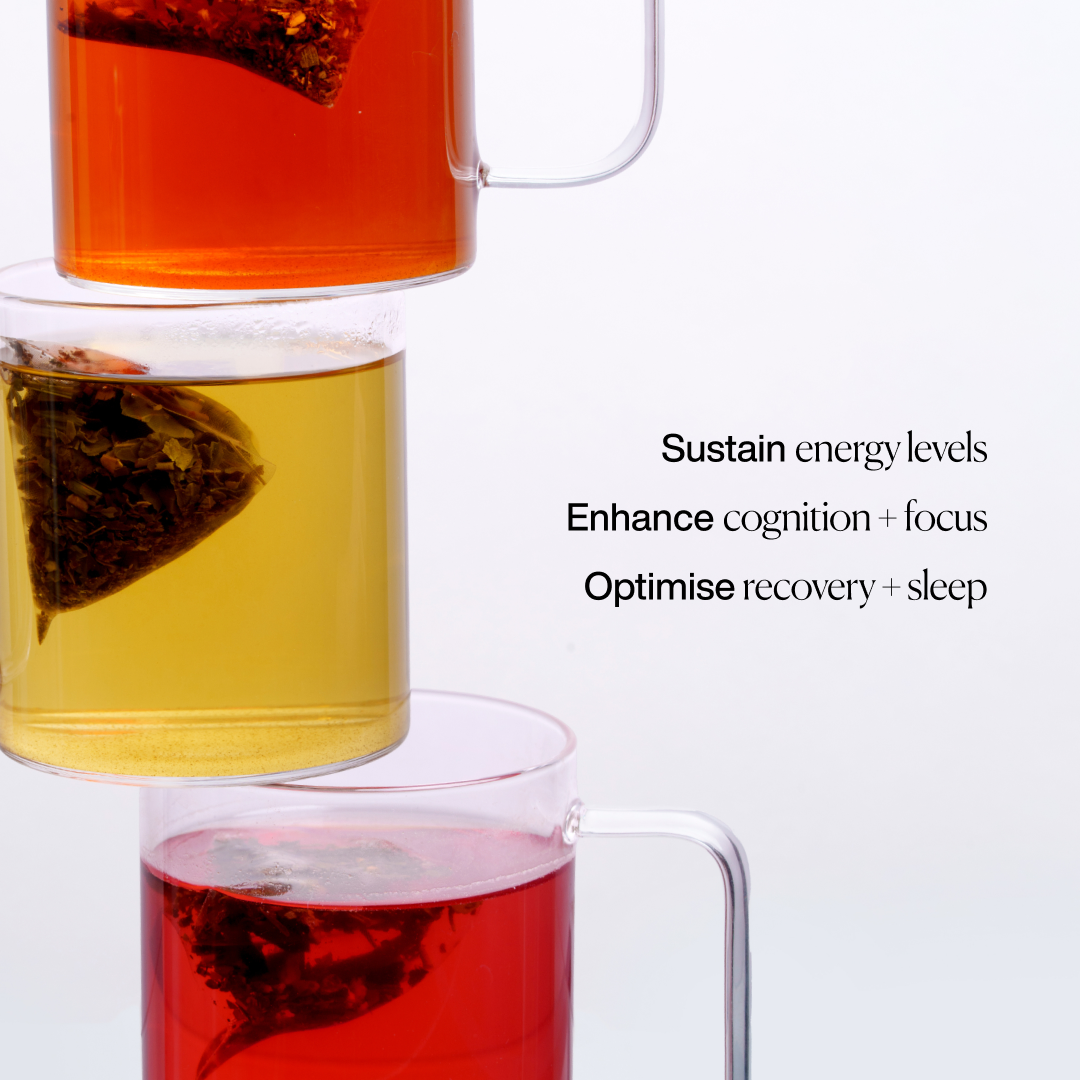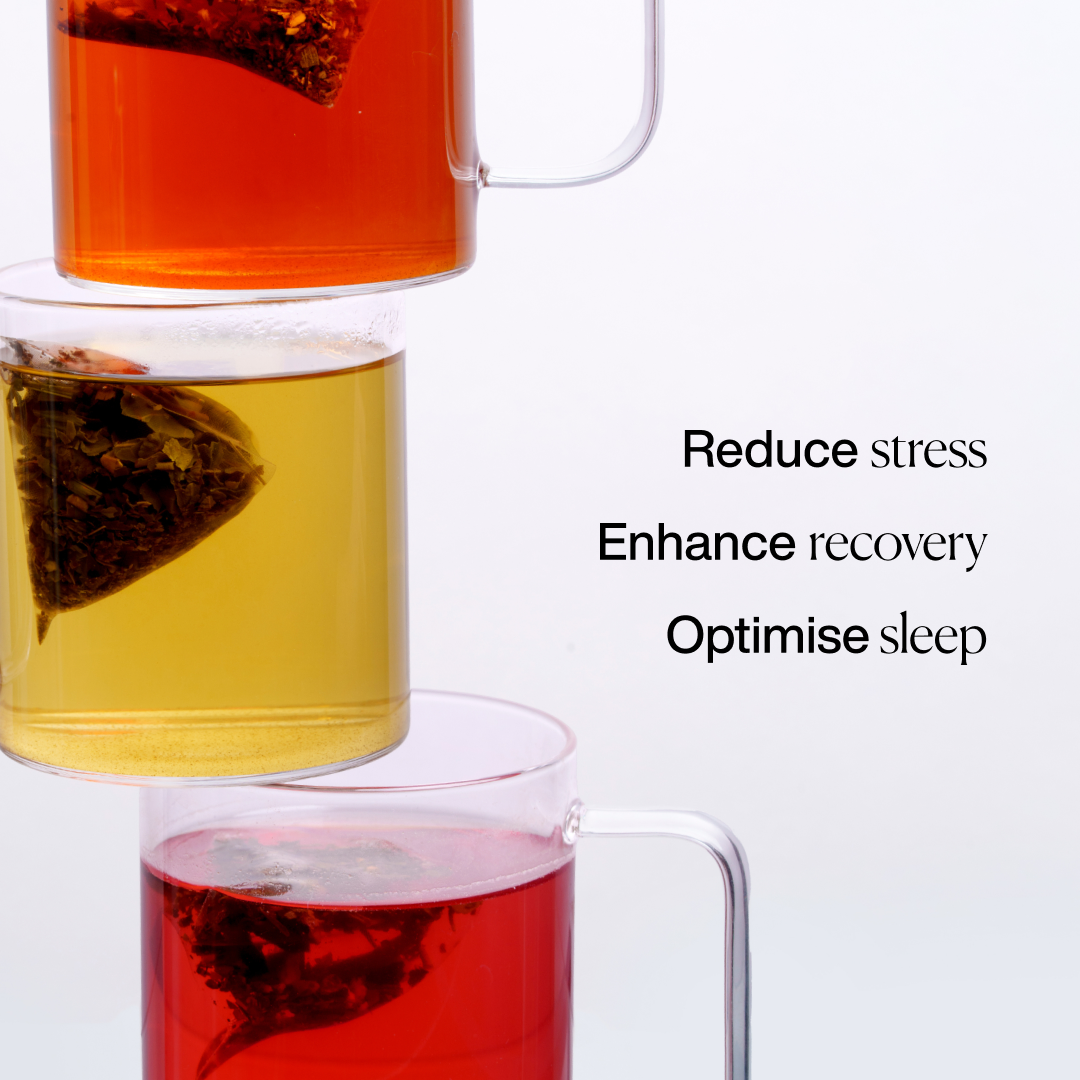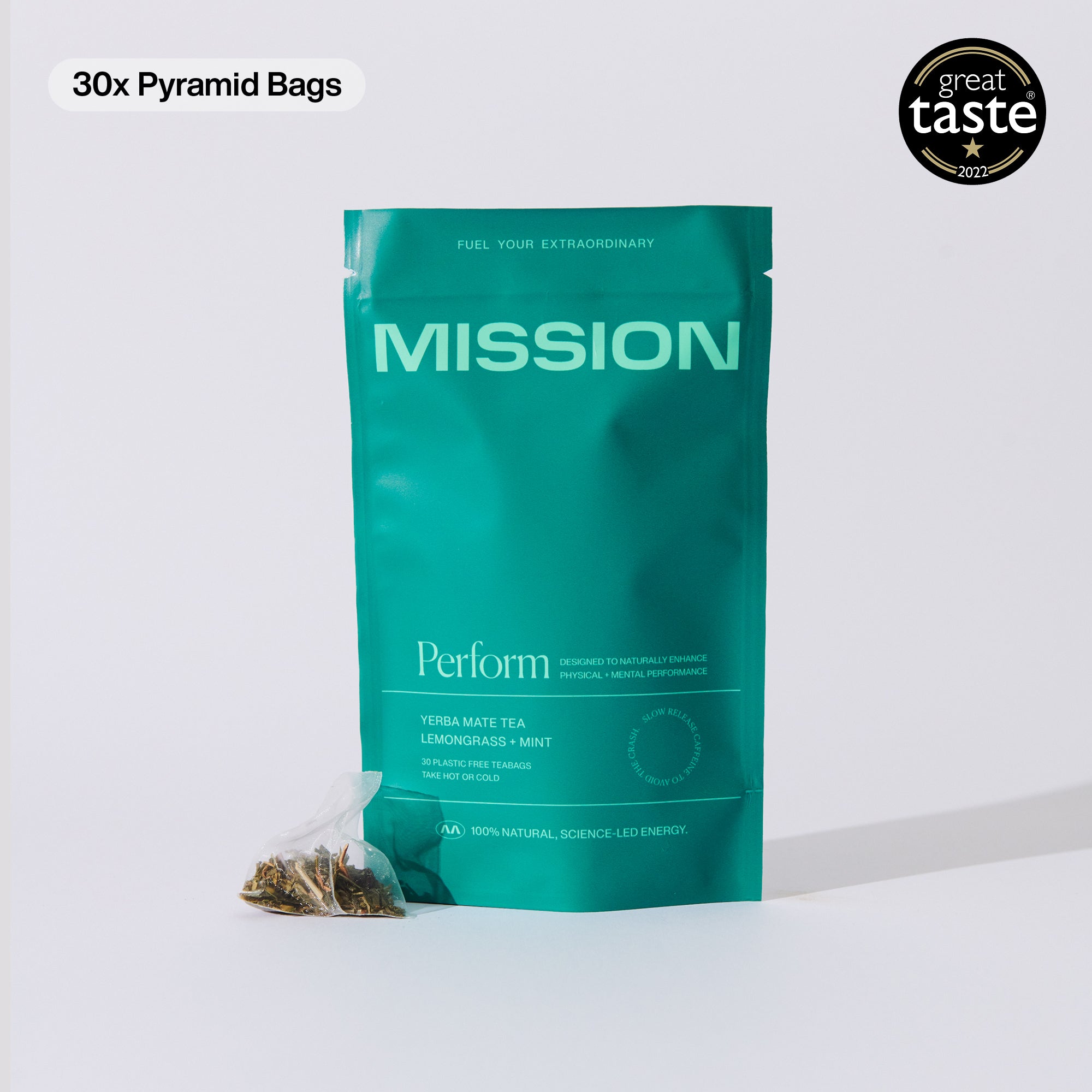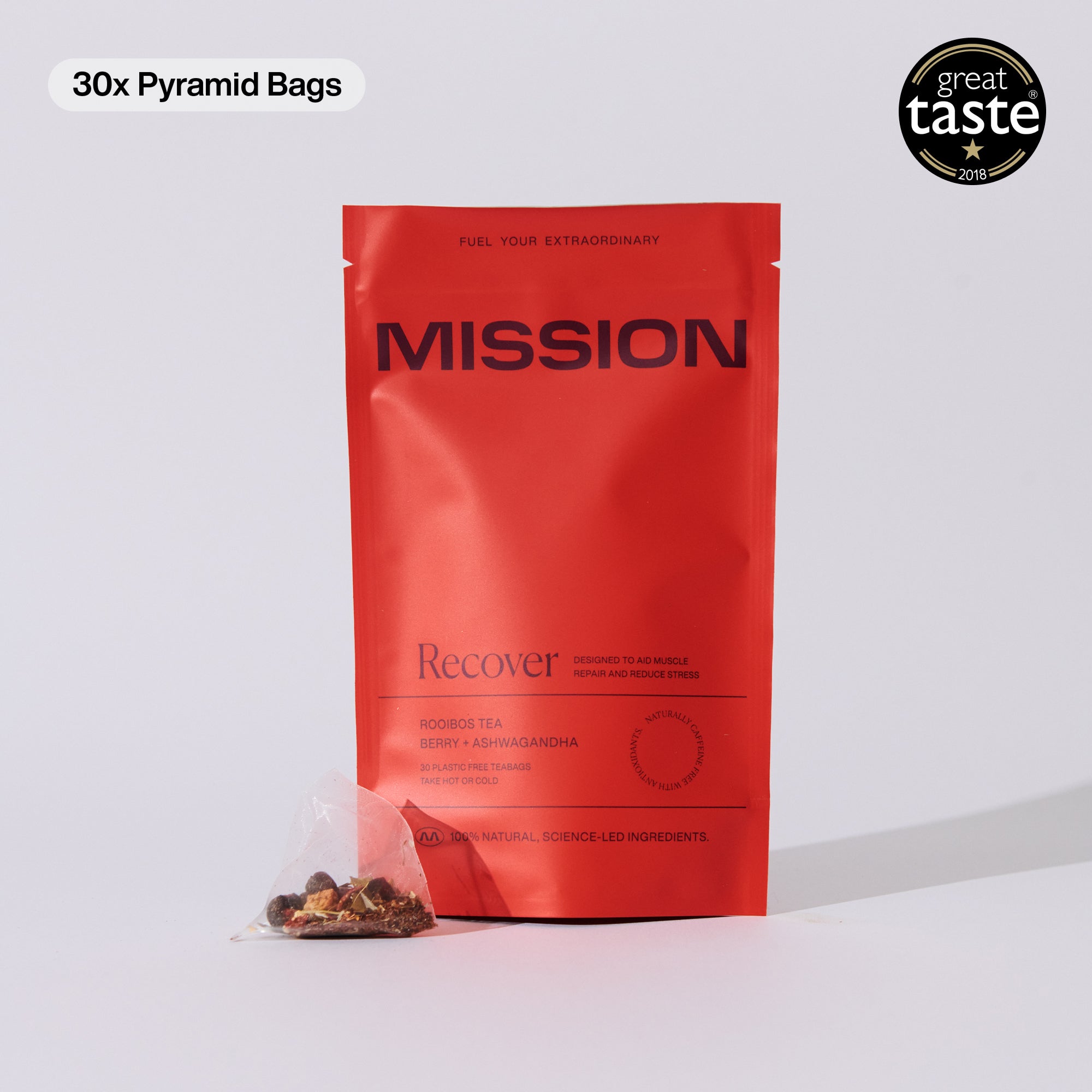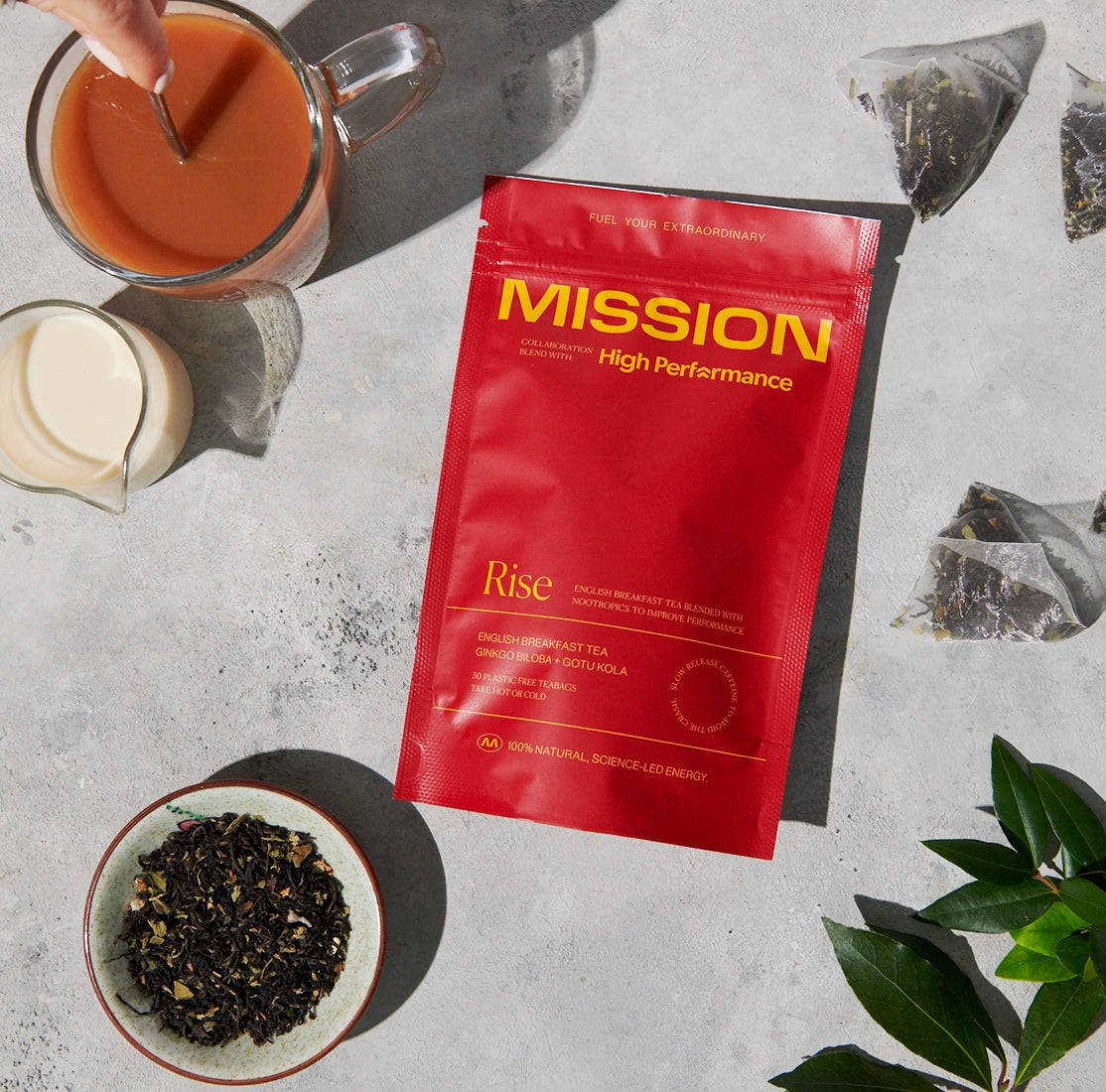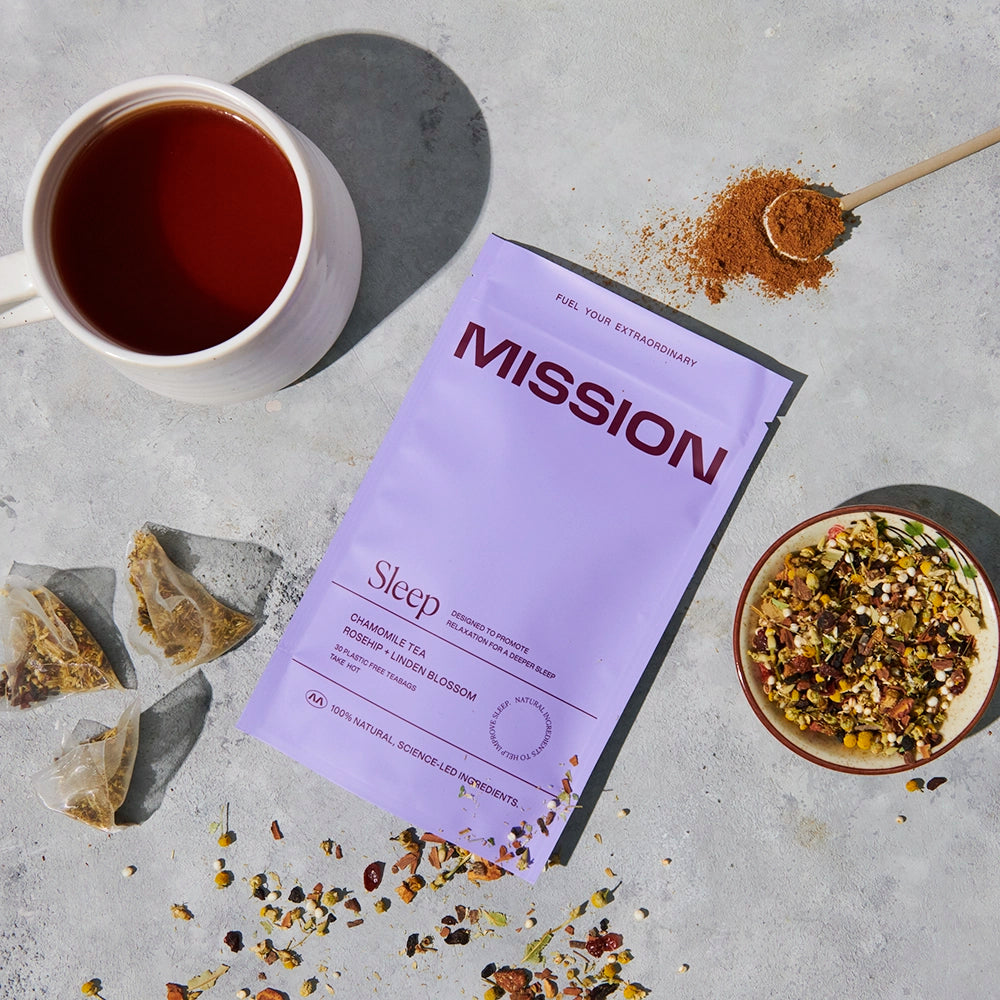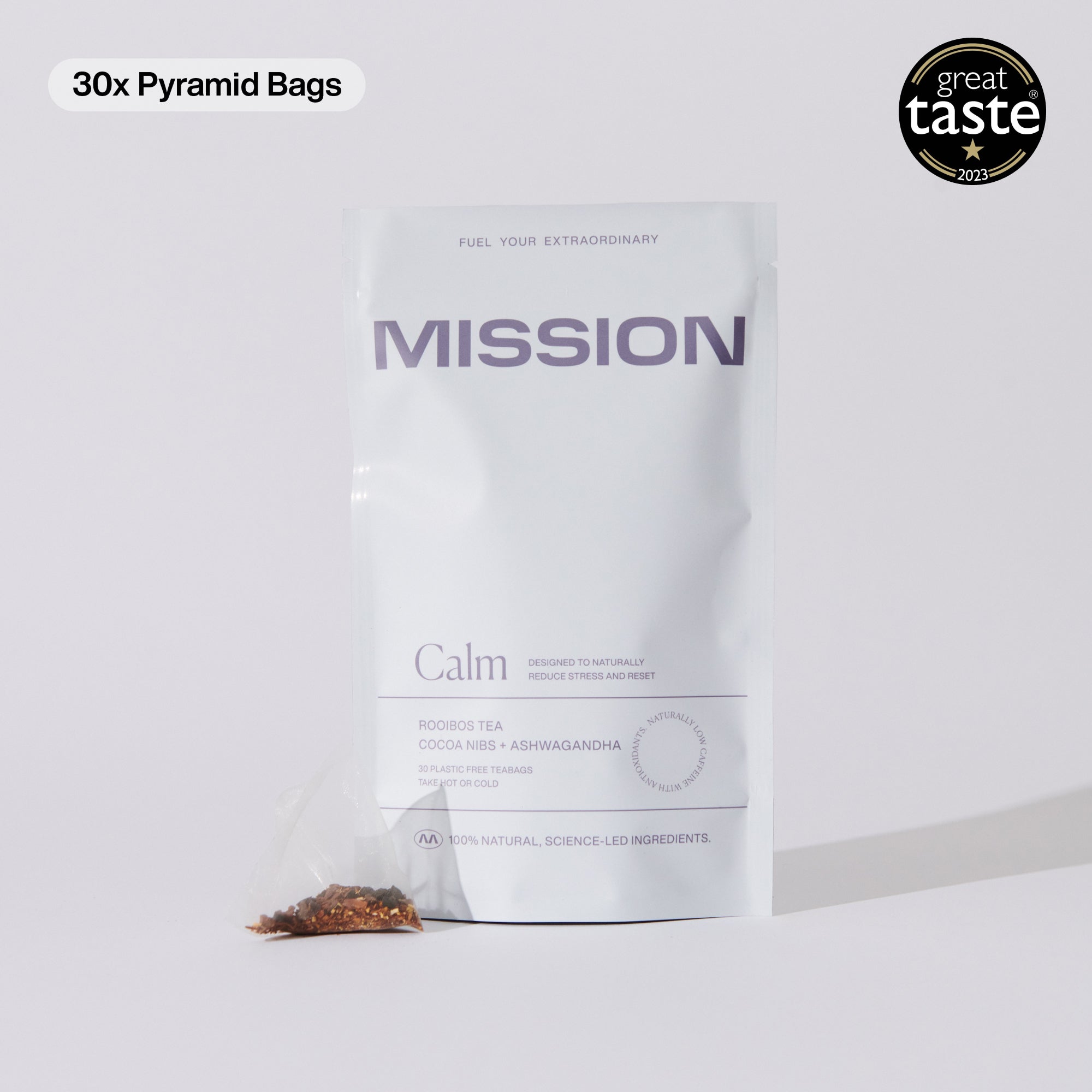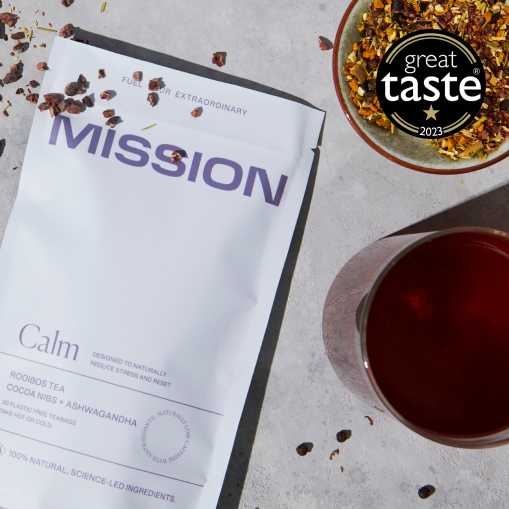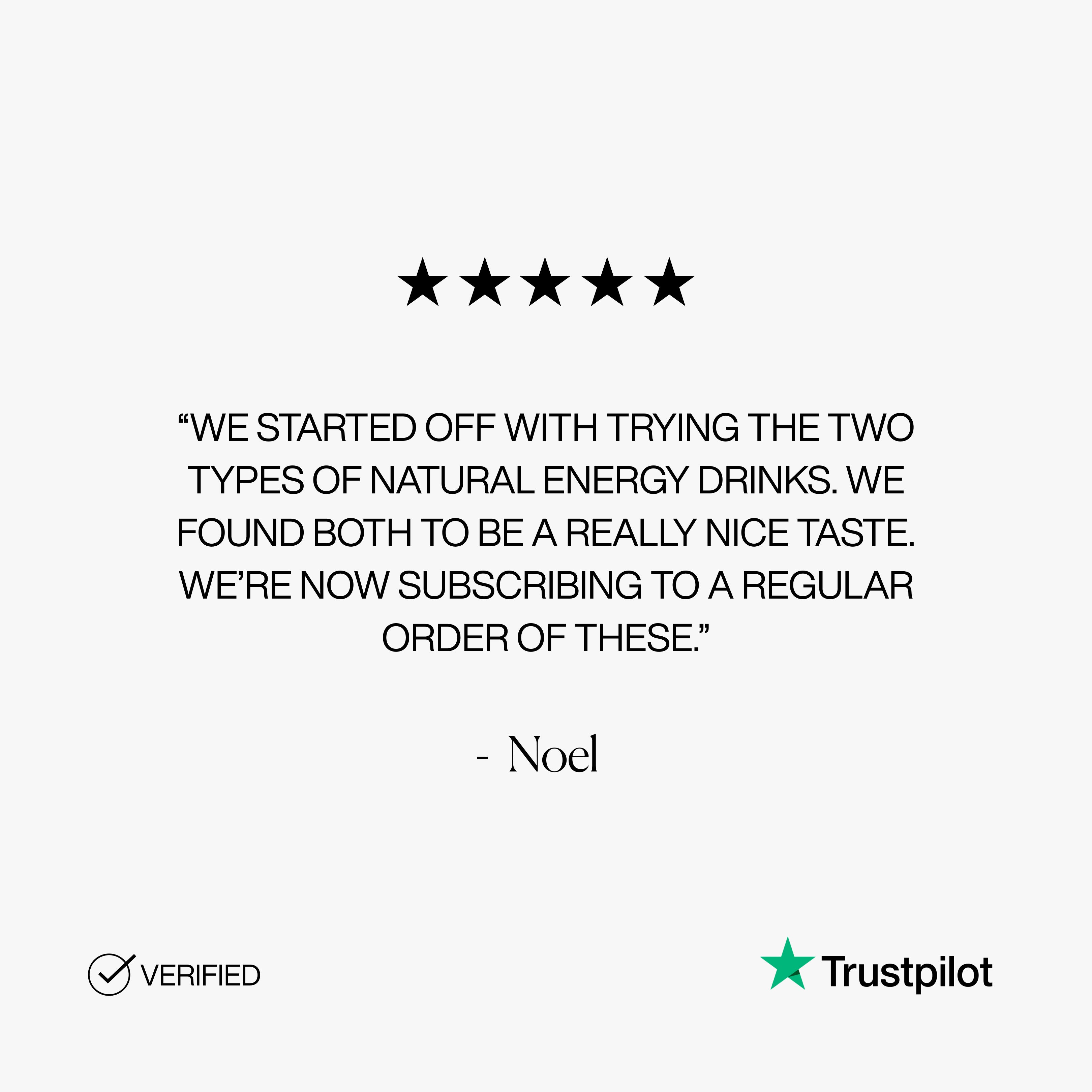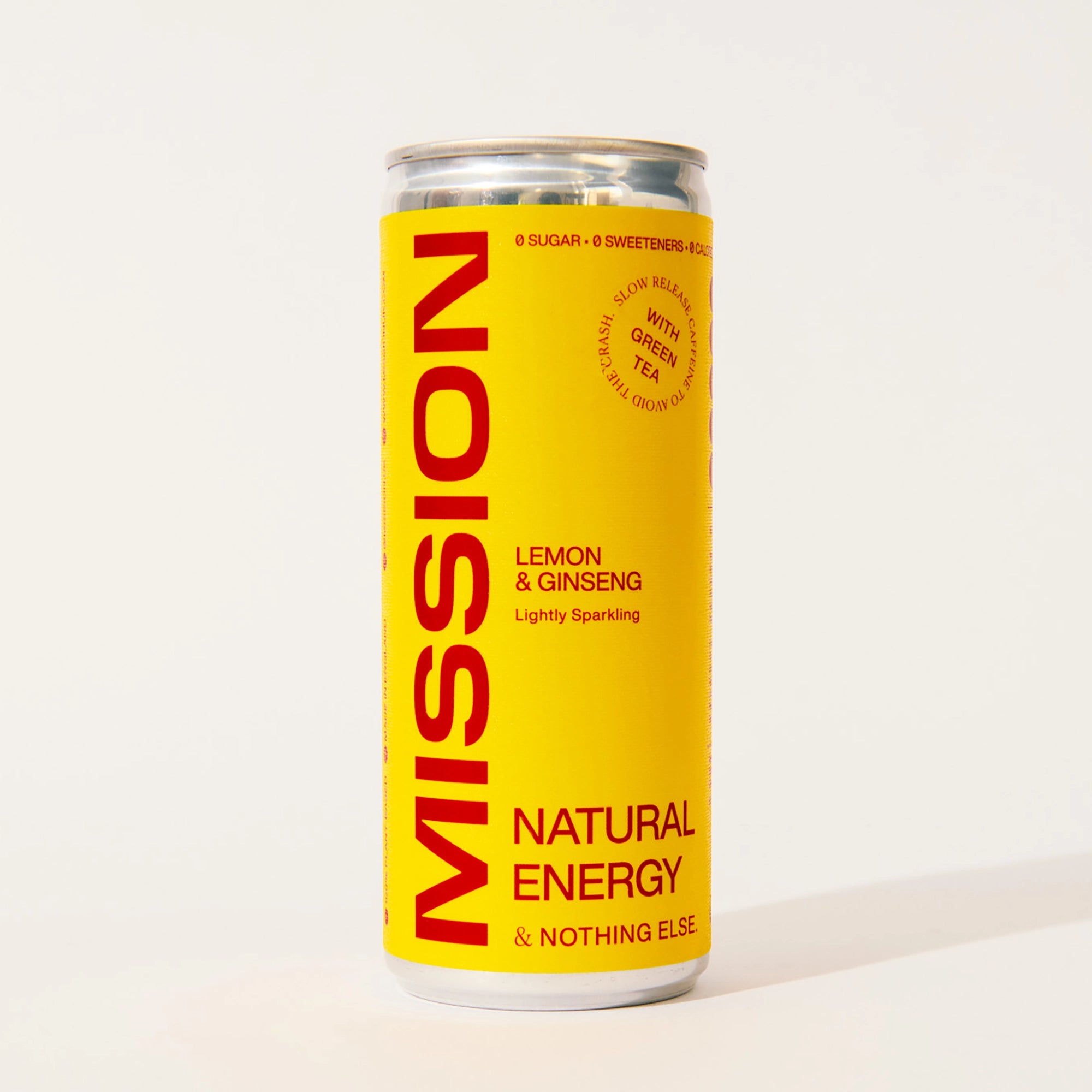An Introduction to Meditation
Here’s a quick snippet of a conversation our founder, Tom had a couple of days ago whilst lightly swearing at his laptop;
“Do you meditate?”
“No”
“Why not?”
“I’ve tried, but I just can’t. I’m not good at it”.
Whether you think you need to sit in the garden, hum, chant or sit in silence for 30 minutes - let it go. You can develop your own meditation practice which suits your lifestyle and needs.
There are three main takeaways you should know about meditating
- There is not one ‘correct’ way to meditate
- You don’t need to ‘not think’ in order to be meditating successfully
- Meditation is a skill which like others, requires regular practice to improve
In 2017, author Tim Ferriss interviewed 140 high achievers, in the top of their fields for his book Tribe of Mentors. He noted that “Despite the fact that these are people from tennis to surfing to cryptocurrency to fill-in-the-blank, like any field you can possibly imagine -- some type of morning mindfulness or meditation practice would span I’d say 90% of the respondents.” It shows that whilst their common denominator is their success, meditation clearly has a valuable and tangible effect on their daily life and well-being.
How much meditation do I need to do?
Like exercise, the approach of ‘little and often’ is better than ‘whenever you feel like it’, or just once. Realistically, you won’t always feel up for it and like any skill, it needs time and effort to improve. One session is just as likely to change your life as going for one run. However, just like one run, it is still beneficial. The key to meditation is getting started and making it a habit - if nothing else, it gives your mind a break from the outside world and allows you to tune into your body’s parasympathetic nervous system, which induces the relaxation response. As this doesn’t automatically happen due to constant stimulation, we need to tap into that system deliberately.
Deep belly breathing, or diaphragmatic breathing, stimulates the parasympathetic nervous system, and reduces the sympathetic nervous system. The sympathetic nervous system is what will send you into "fight or flight" mode. The balance between the Para and the Sympa, regulates how your body deals with stress.
As you go throughout your week, see how many times you can remember to stop and take some deep breaths.
Before an important work meeting, during a disagreement, or at the end of a particularly stressful day, stop and simply breathe for 30 seconds and see how it transforms your whole outlook.
A range of benefits are achievable through meditation. For example, training our attention and focus allows us to get more done without (or with less) distraction, changes the way we react in certain scenarios. We can become better equipped to face situations so they become less stressful and anxiety inducing. We all accept that movement and rest = medicine in terms of exercise. In the same way, meditating can be movement and rest for our minds.
"But I can't sit still and my mind is too busy!"
It's a myth that to meditate effectively you must clear your mind completely. It's actually nearly impossible to do. Equally, meditating isn't all about peace and quiet, as a result of meditation you may find that those things happen however it is far more about getting in touch with conscious decision making and emotive responses, rather than operating purely on our subconscious programming. Your mind will wander, and you might notice other things happening around you or find yourself lost in thought. There is nothing wrong with this, thought process is just as natural as breathing.
During meditation, your mind will roam. You may notice other sensations in the body, things happening around you, or just get lost in thought, daydreaming about the past or present, possibly judging yourself or others. Here, it's important to address the thought you are having, and then bring yourself back to your focus on breathing. It's inevitable that this will continue to occur, simply acknowledging whatever it is and without ascribing much judgement to it or letting it carry you away, come back to the present and resume your meditation.
We are going to try and implement some meditation into our weekly routines, we will get back to you on how we get on!





